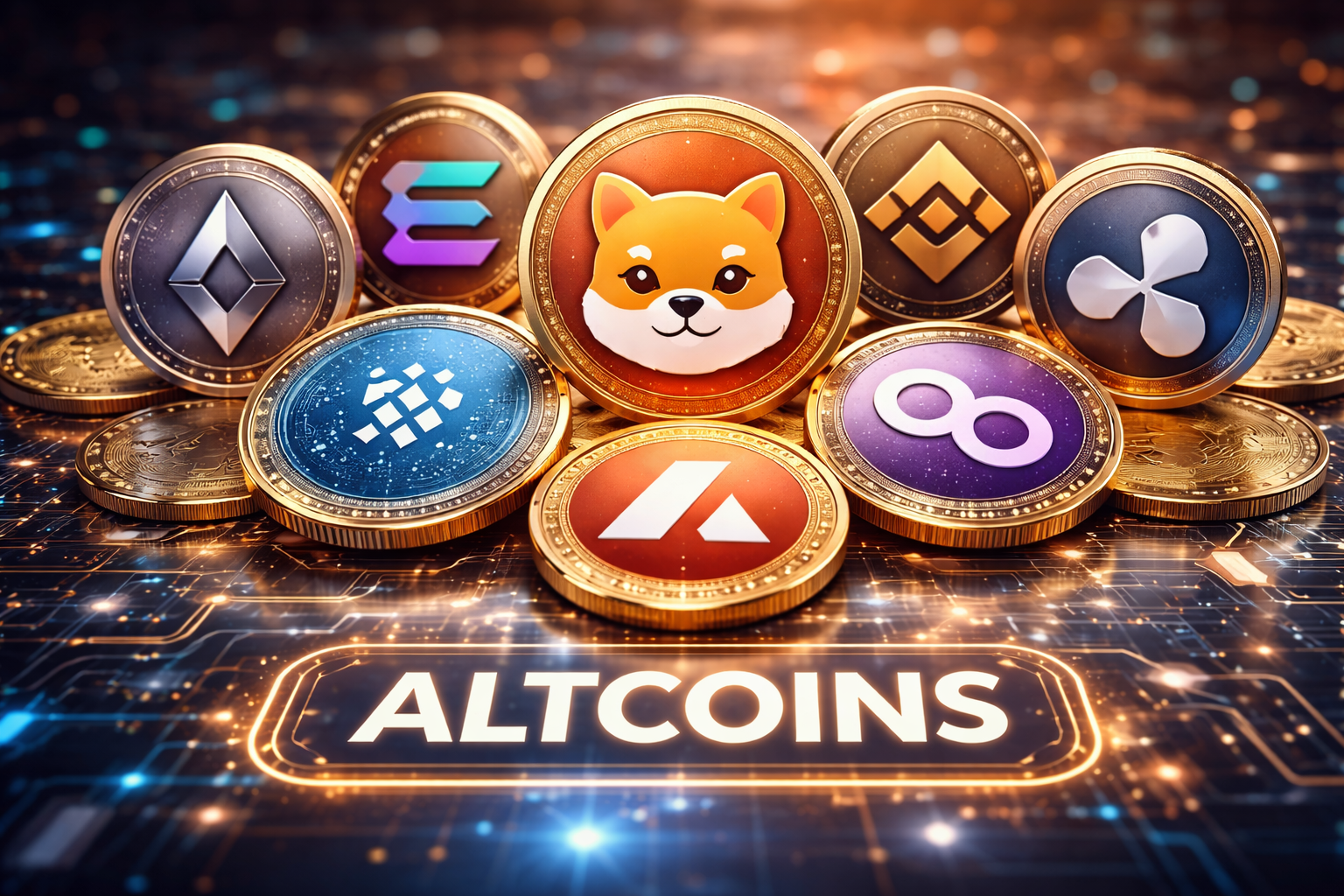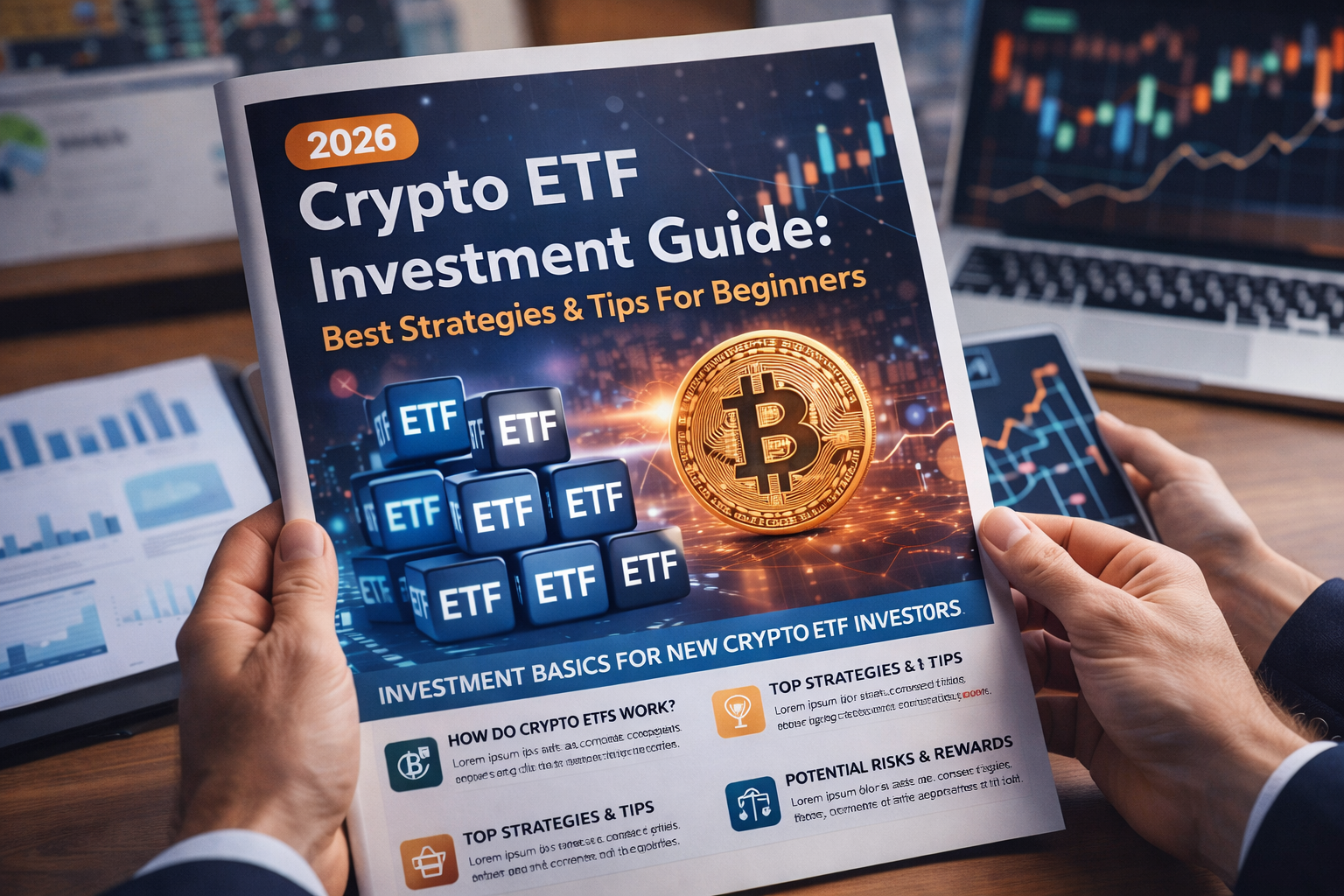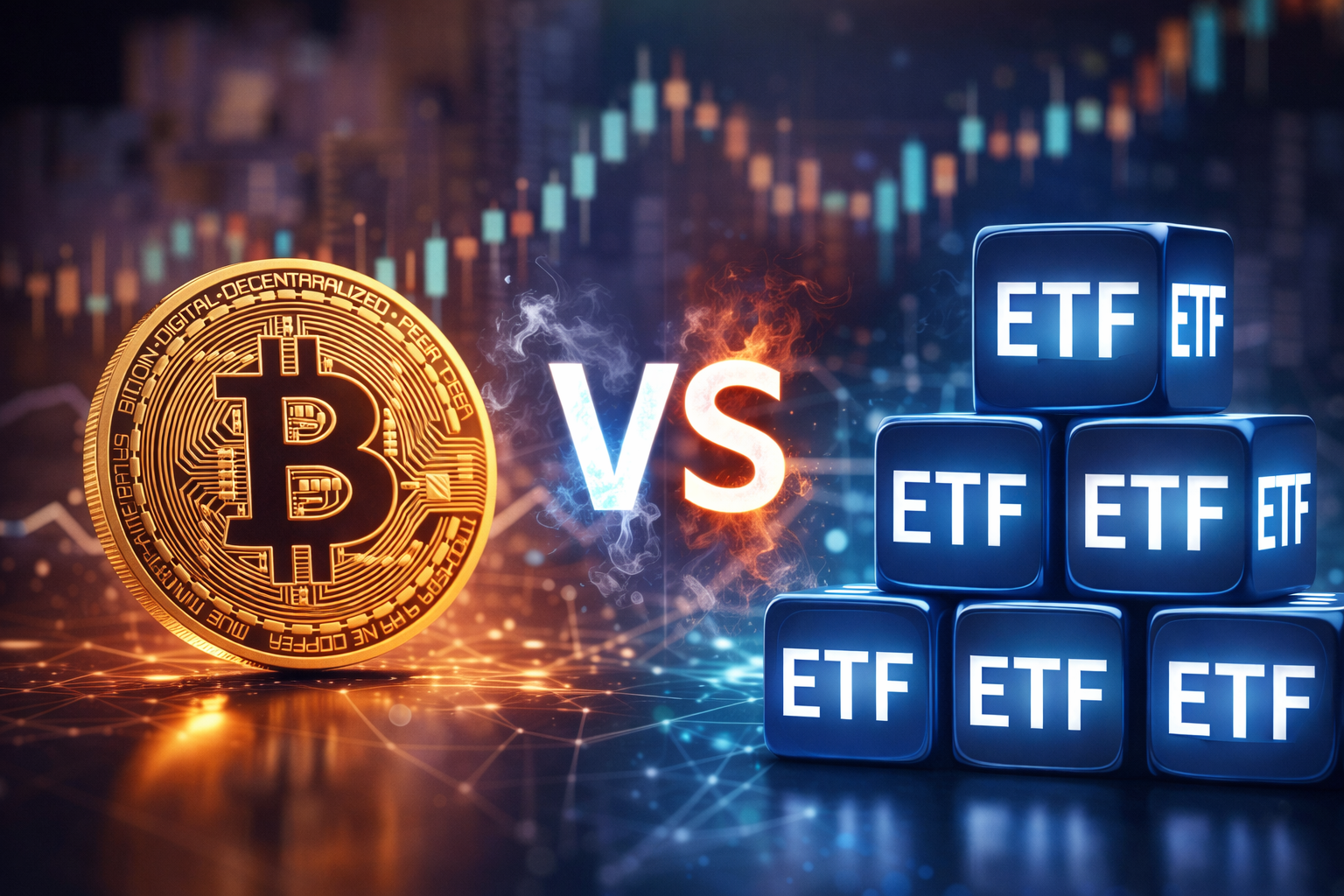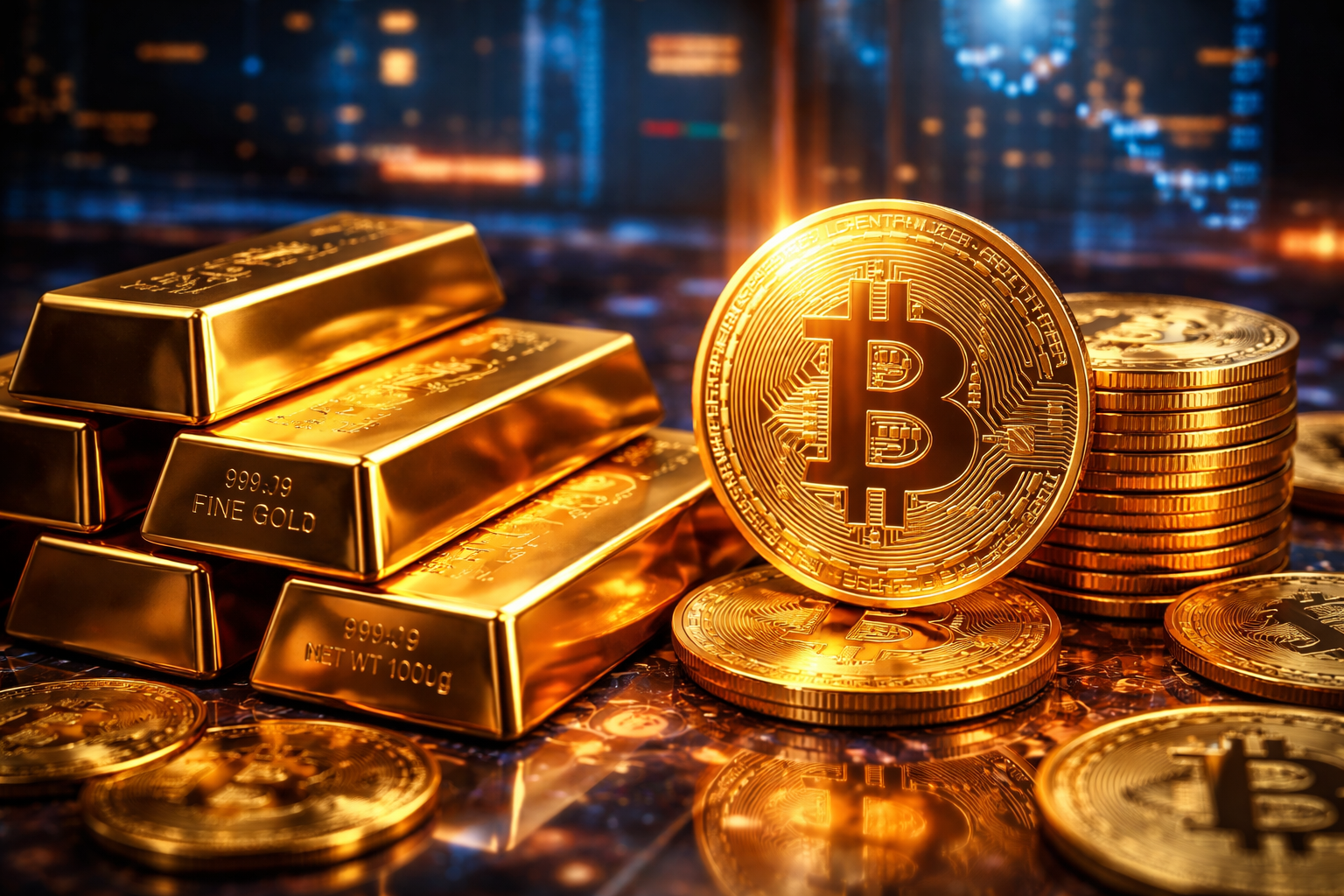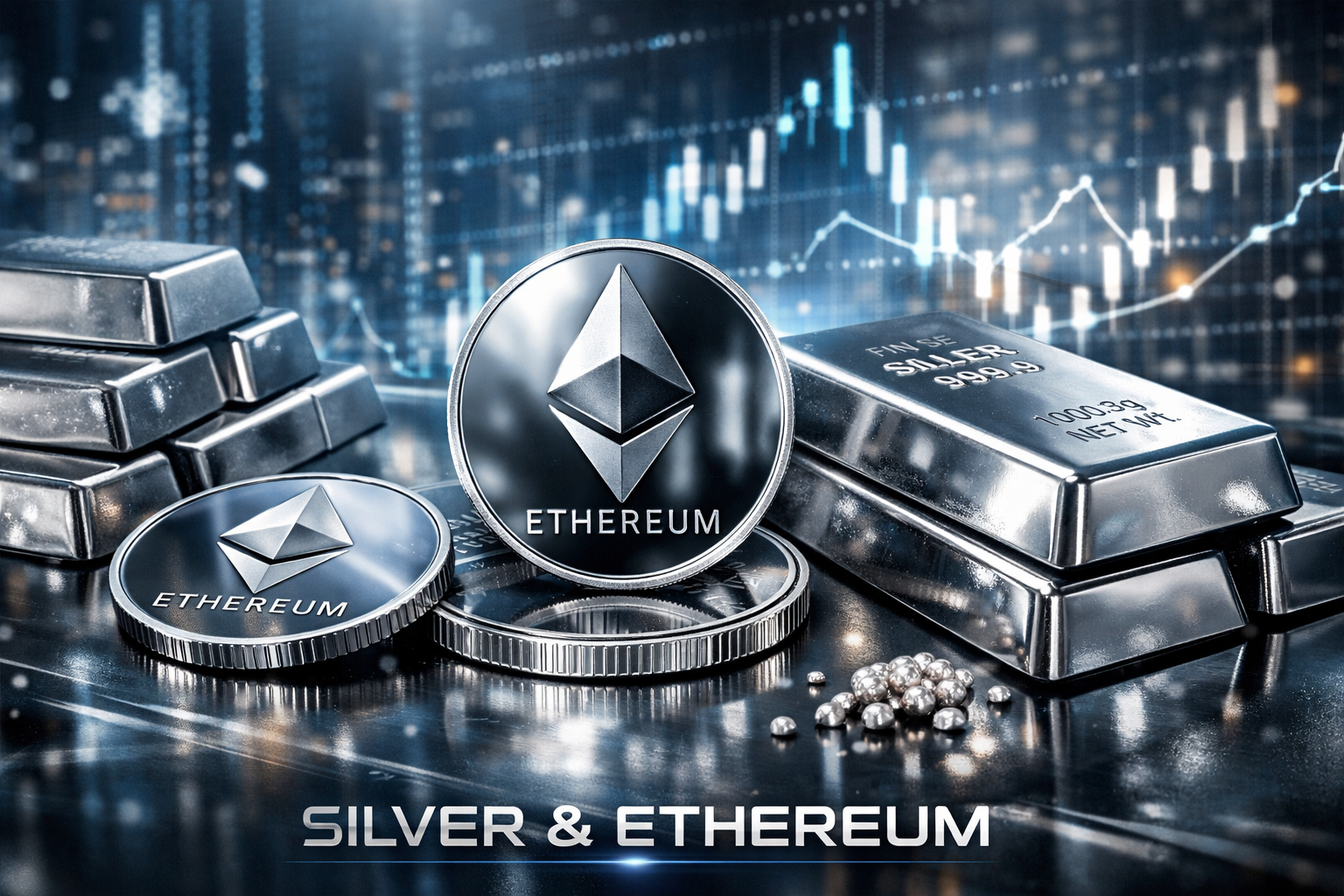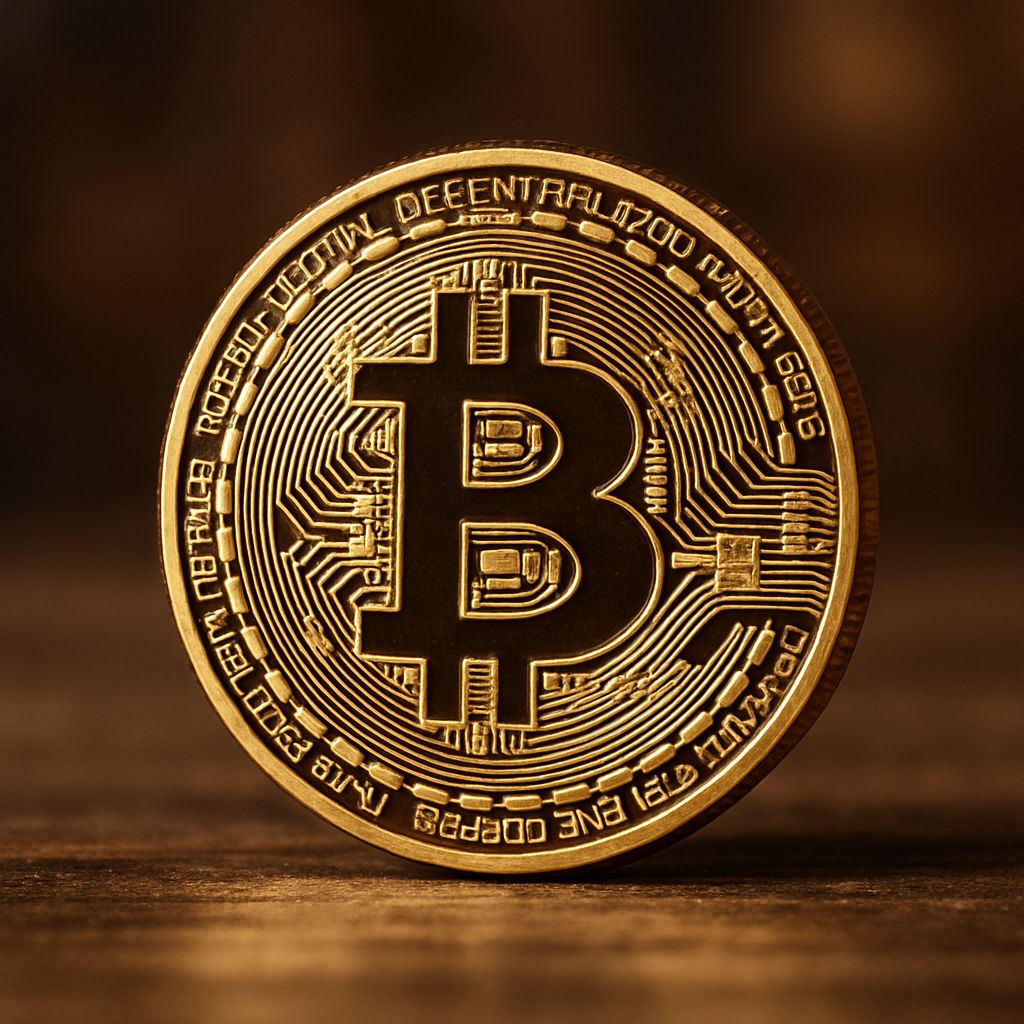
James Carter
How do crypto gaming coins work?: Comprehensive Gude
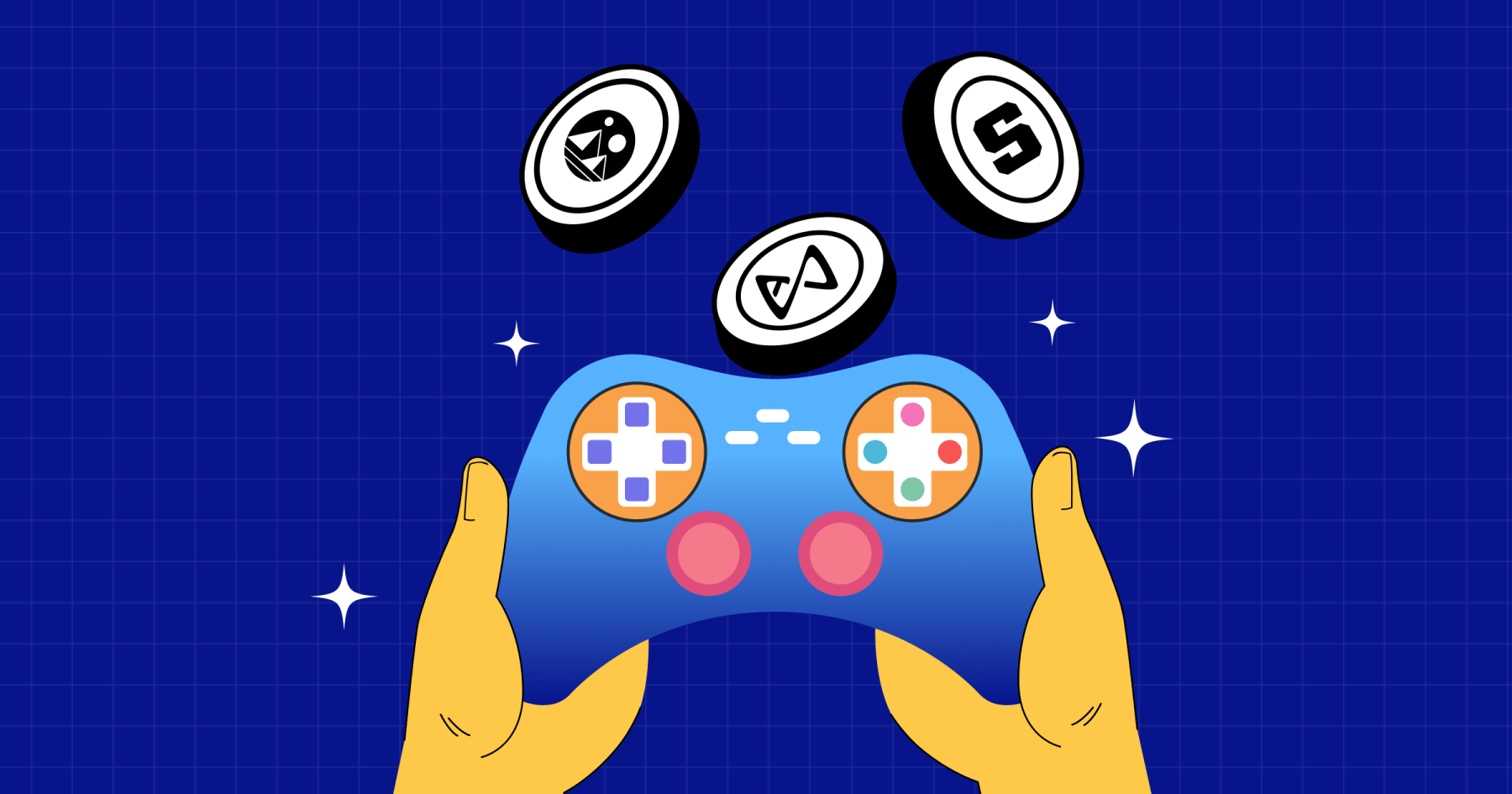
In recent years, the convergence of cryptocurrencies and gaming has given rise to a fascinating phenomenon: crypto gaming coins. These digital currencies, built on blockchain technology, have gained significant popularity within the gaming industry. This article delves into the intricate workings of crypto gaming coins, exploring their underlying mechanics, integration into gaming platforms, economic value, regulatory considerations, and future prospects.
Understanding Cryptocurrencies and Blockchain Technology:
Cryptocurrencies are digital or virtual currencies that utilize cryptographic techniques to secure transactions and control the creation of new units. They operate on decentralized systems, such as blockchain, which is a distributed ledger technology that ensures transparency, immutability, and security. By leveraging blockchain technology, crypto gaming coins introduce a new paradigm for in-game currencies.
Role of Crypto Gaming Coins in the Gaming Industry:
Evolution of In-Game Currencies:
In-game currencies have long been an integral part of the gaming experience, facilitating transactions within virtual environments. From traditional currencies like gold coins to proprietary digital currencies, the gaming industry has continuously sought ways to enhance the player experience. Crypto gaming coins represent the next evolutionary step, offering distinct advantages over traditional in-game currencies.
Advantages of Using Crypto Gaming Coins in Gaming:
Crypto gaming coins provide several benefits to both game developers and players. For developers, these coins enable new revenue streams through token sales and secondary market trading. They also promote player engagement and retention by offering incentives, rewards, and ownership of in-game assets. Players, on the other hand, benefit from enhanced security, increased liquidity, and the ability to freely transfer and monetize their virtual possessions.
Enhanced Security and Ownership with Crypto Gaming Coins:
The integration of blockchain technology in crypto gaming coins ensures a high level of security and ownership verification. By recording transactions on a transparent and immutable ledger, players can have confidence in the legitimacy and scarcity of virtual assets. Additionally, blockchain-based smart contracts enable the establishment and enforcement of verifiable ownership rights, further empowering players.
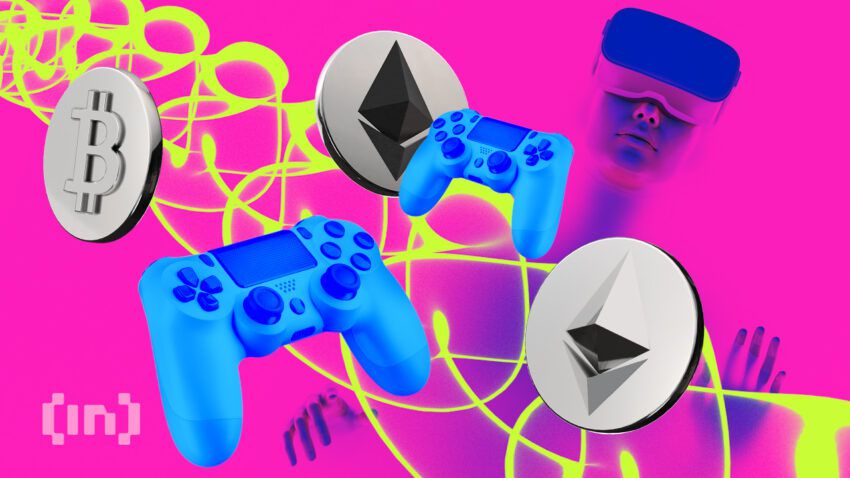
Mechanics of Crypto Gaming Coins:
Creation and Distribution of Crypto Gaming Coins:
Crypto gaming coins are typically created through token generation events (TGEs) or initial coin offerings (ICOs). During these events, game developers issue and distribute a predetermined supply of coins to participants in exchange for other cryptocurrencies or fiat money. The distribution process may also include a mechanism for rewarding early adopters or players who contribute to the game ecosystem.
Smart Contracts and Their Role in Crypto Gaming Coins:
Smart contracts play a vital role in the functionality of crypto gaming coins. These self-executing contracts, encoded on the blockchain, automatically execute predefined actions when specific conditions are met. In the context of gaming, smart contracts facilitate secure and transparent transactions, automate in-game processes, and govern the distribution of rewards and incentives.
Tokenomics and Utility of Crypto Gaming Coins:
Tokenomics refers to the economic design and utility of crypto gaming coins. Game developers carefully design the tokenomics to align with the game’s mechanics, player incentives, and desired economic behavior. Crypto gaming coins can have various utilities, such as in-game purchases, access to premium content, voting rights, governance participation, and even interoperability between different games or platforms.
Integration of Crypto Gaming Coins in Gaming Platforms:
Adoption of Crypto Gaming Coins by Game Developers:
Game developers are increasingly embracing the integration of crypto gaming coins into their platforms. This adoption comes with opportunities to generate revenue, foster player engagement, and tap into the thriving crypto community. Developers can leverage existing blockchain platforms or create their own customized solutions to incorporate crypto gaming coins seamlessly.
Benefits for Gamers in Utilizing Crypto Gaming Coins:
For gamers, the use of crypto gaming coins unlocks a range of benefits. Firstly, players gain true ownership of their in-game assets, as blockchain technology ensures verifiable scarcity and provable ownership. This empowers players to freely trade or sell their virtual possessions without the restrictions imposed by traditional closed ecosystems.
Secondly, crypto gaming coins enhance player liquidity. Unlike traditional in-game currencies, crypto gaming coins can be easily converted into other cryptocurrencies or fiat currencies through various exchanges. This liquidity allows players to monetize their virtual assets and potentially earn real-world value from their gaming achievements.
Moreover, the integration of crypto gaming coins promotes player engagement and loyalty. Game developers can incentivize players with unique rewards, bonuses, or exclusive content that can only be accessed using the native crypto gaming coins. This creates a sense of exclusivity and fosters a vibrant community of dedicated players.
Integration Challenges and Potential Solutions:
Integrating crypto gaming coins into existing gaming platforms may present certain challenges. One major concern is scalability, as blockchain networks may struggle to handle the transaction volumes required by popular games. However, emerging solutions such as layer-two scaling solutions and sidechains offer potential remedies to address scalability issues.
Another challenge lies in providing a seamless user experience.
Onboarding players to the world of crypto gaming coins should be user friendly and intuitive, ensuring accessibility for gamers of all levels of technical proficiency. Developers need to prioritize creating intuitive wallets, streamlined exchange mechanisms, and clear instructions for using crypto gaming coins within their games.
Value and Economics of Crypto Gaming Coins:
Market Dynamics and Valuation of Crypto Gaming Coins:
Crypto gaming coins operate within a dynamic market influenced by supply and demand dynamics. The value of these coins can fluctuate based on factors such as game popularity, player adoption, market sentiment, and overall market conditions. Additionally, the scarcity and utility of the coins play a significant role in determining their valuation.
Investment Potential and Speculation in Crypto Gaming Coins:
The advent of crypto gaming coins has also opened up investment opportunities for individuals interested in the gaming industry. Early adopters and investors can participate in token sales and potentially benefit from the appreciation of these coins over time. However, it’s important to note that investing in crypto gaming coins carries inherent risks and requires thorough research and understanding of the project’s fundamentals.
Economic Impact on the Gaming Industry:
Crypto gaming coins have the potential to reshape the economic landscape of the gaming industry. They introduce new revenue models for game developers, as they can generate income not only from game sales but also from the sale and trading of the native coins. This economic shift may encourage innovation, attract more developers to the industry, and drive the creation of diverse and immersive gaming experiences.
Regulatory Considerations and Risks:
Legal and Regulatory Landscape for Crypto Gaming Coins:
The integration of crypto gaming coins into the gaming industry raises regulatory considerations that vary across jurisdictions. Governments and regulatory bodies are grappling with the classification, taxation, and consumer protection aspects of these digital assets. Game developers and players need to stay informed about the legal requirements and compliance obligations in their respective regions.
Risks Associated with Crypto Gaming Coins:
Despite their potential, crypto gaming coins are not without risks. Market volatility, security vulnerabilities, and the potential for fraudulent projects are inherent risks in the crypto space. Players and investors should exercise caution, conduct due diligence, and only engage with reputable projects and platforms.
Mitigation Strategies and Industry Best Practices:
To mitigate risks and ensure responsible growth, the gaming industry, regulators, and stakeholders must collaborate. Establishing industry standards, implementing robust security measures, conducting thorough project audits, and promoting transparent communication are essential best practices for fostering trust and protecting the interests of all participants.
WATCH THE VIDEO BELOW
Case Studies and Success Stories:
Examination of Successful Crypto Gaming Coin Projects:
Several notable crypto gaming coin projects have demonstrated the potential and success of this emerging trend. Examples include projects like Axie Infinity, Decentraland, and Gods Unchained, which have garnered significant attention, user adoption, and market value. These case studies provide valuable insights into the effective implementation and utilization of crypto gaming coins.
Lessons Learned from Successful Implementations:
Successful crypto gaming coin projects offer valuable lessons for developers and industry participants. These projects emphasize the importance of community engagement, rewarding early adopters, fostering player-driven economies, and continuously innovating to provide unique gaming experiences. Furthermore, transparency, effective governance mechanisms, and a strong value proposition are crucial factors contributing to their success.
Real-World Examples of Crypto Gaming Coins in Action:
Taking a closer look at real-world examples of crypto gaming coins in action, we witness how these digital assets have transformed the gaming experience. From the creation of virtual worlds and decentralized marketplaces to the rise of play-to-earn models, crypto gaming coins are reshaping the way players interact with games and participate in their economies.
Future Trends and Opportunities:
Emerging Trends in Crypto Gaming Coins:
The future of crypto gaming coins is promising, with several emerging trends shaping the landscape. Cross-platform interoperability, where players can transfer assets seamlessly between different games, is gaining traction. Non-fungible tokens (NFTs) are also becoming more prevalent, allowing for unique and provably scarce in-game assets. Additionally, the integration of virtual reality (VR) and augmented reality (AR) technologies presents exciting opportunities for immersive gaming experiences powered by crypto gaming coins.
Potential Applications Beyond Gaming:
While crypto gaming coins primarily exist within the gaming industry, their potential applications extend beyond gaming itself. The underlying technology and principles can be leveraged in other sectors, such as virtual marketplaces, digital art, and tokenized collectibles. The concepts of ownership, scarcity, and decentralized economies facilitated by crypto gaming coins have the potential to disrupt various industries and unlock new possibilities.
Opportunities for Innovation and Growth:
The intersection of cryptocurrencies and gaming is a fertile ground for innovation and growth. As the ecosystem matures, developers, investors, and enthusiasts have the opportunity to contribute to the evolution of crypto gaming coins. Developing scalable solutions, exploring novel gameplay mechanics, and pushing the boundaries of what is possible within virtual worlds can lead to groundbreaking advancements and further adoption.
Summary
The emergence of crypto gaming coins represents a significant development within the gaming industry, revolutionizing the way in-game economies are structured and how players interact with virtual assets. By leveraging blockchain technology, these digital currencies offer enhanced security, ownership, liquidity, and novel economic models.
However, the integration of crypto gaming coins comes with challenges, such as scalability, user experience, and regulatory considerations. It is essential for industry stakeholders to collaborate, adopt best practices, and navigate the evolving legal landscape to ensure responsible and sustainable growth.
Looking ahead, the future of crypto gaming coins holds immense potential. Their value extends beyond gaming, with opportunities for cross-industry applications and the exploration of new technological frontiers. As the ecosystem matures and innovation continues, crypto gaming coins have the power to reshape the gaming industry, empower players, and drive economic prosperity in the digital age.
Latest
Gaming
05 Feb 2026
Gaming
03 Feb 2026
Gaming
20 Jun 2024
Gaming
19 Apr 2024






